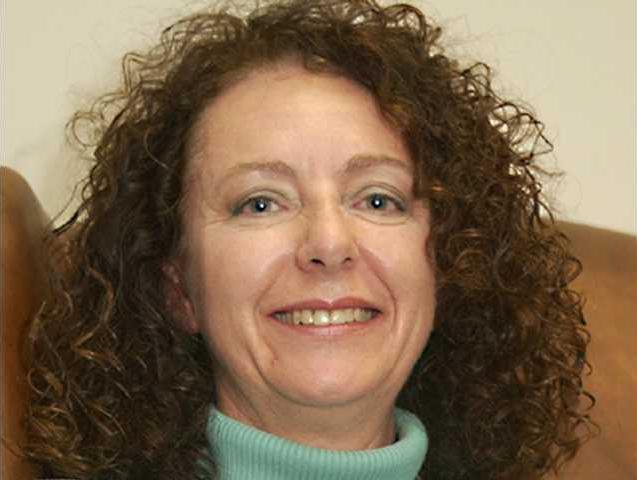A couple of years ago I came home one afternoon to find a sycamore tree, a skinny little, smooth-barked sapling, planted in my back yard. I'm not exactly sure where on the farm Daddy found it, but he and Mama knew in that strange way that parents know their children that I would want it.
It was about four feet tall at the time; it is now probably up to eight or nine. (Sycamores, like children and credit card balances, grow quickly.) It is mature enough to have had, in the summer, leaves as big as the spread hand of a lumberjack, each one covered in tiny little bristles that made it feel like the velveteen collar on the pink corduroy coat I had as a child.
In November, when the color started draining out of the landscape, the leaves turned tea-brown and dropped languidly to the ground, curled at the edges, the lumberjack closing his hand into a fist - whether in an attempt to hold on to the summer or to fight off the winter I can't say.
I also can't say when I first noticed that the tree was naked. I see it every time I walk out the back door to get in the car or take out the trash, but, like most people, I see without seeing sometimes. And, to be honest, I probably wouldn't have noticed its nudity on that particular day had not one leaf, just as I walked outside, lost its grip on the branch to which it had been clinging and gone floating down a river of wind across the yard.
There were still three or four tiny leaves left on the topmost branches, but the sycamore was otherwise bare. Its slender branches - angled, not curved, toward the pale gray sky - made it look exactly like the trees I had painted in my fourth grade snowscape, the one for which we used dark blue construction paper and white paint (as if we south Georgia children knew anything at all about snowscapes).
My chin rose as my gaze moved higher and higher up the trunk of the tree and, about halfway to the sky, I saw it: a nest, a matted bowl-shaped nest, balanced in the cleft of two branches. I was tempted, but only for a moment, to try to get it down. Whatever birds had built it back in the spring or summer were long gone, their babies out on their own. They weren't coming back. It would have been no great crime to take the nest and put it inside with my other treasure.
But what if they did come back? What if they came looking for their home and it wasn't there? What if they were the last pair of whatever-birds left at Sandhill and without that nest they died?
What if? The curse of the evolved brain.
One of my colleagues asked me yesterday if I was making any New Year's resolutions. The answer was no. I'm hard enough on myself as it is.
What I am doing instead is trying to articulate what I've learned in the year about to end and what I hope to learn in the year to come. I haven't quite managed the former, but the latter came to me - in that magical way that Truth appears in the guise of poetry - as I was writing this column, came in the form of an e-mail New Year's wish from someone I know only slightly, in one line of a poem: "I want the labyrinth of what ifs narrowed/to a single, poignant sentence."
Yes. That's it. I want to finally locate, in my wanderings, the way to the center. I want to release, like the sycamore tree did its leaves, anything clinging to me that is no longer alive. I want to focus my attention and affection and appreciation on that which responds to my efforts. I want to be a single, poignant sentence.
And, on December 31, 2010, I want to speak that sentence and know that it has been heard.
Kathy Bradley - I want to focus my attention and appreciation on that which responds to my efforts


Sign up for the Herald's free e-newsletter